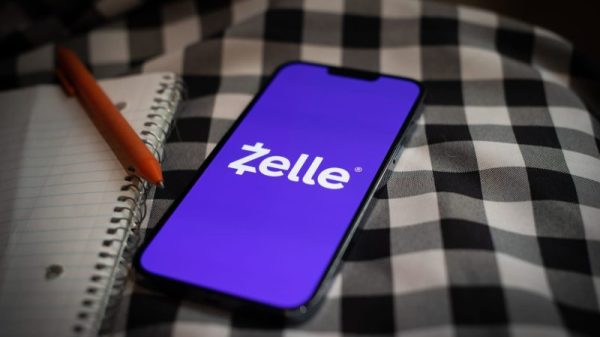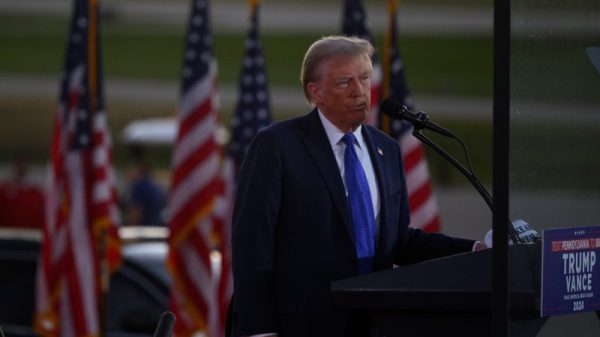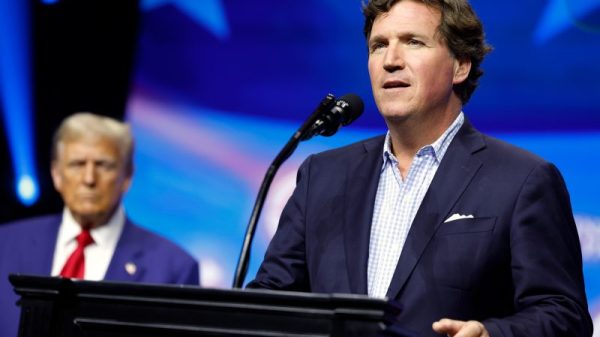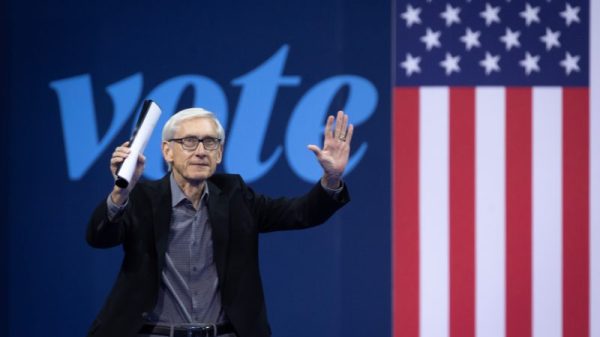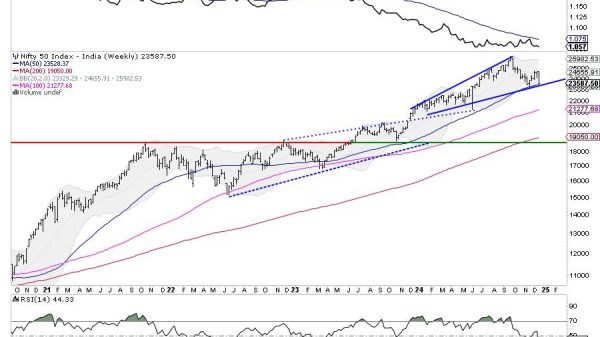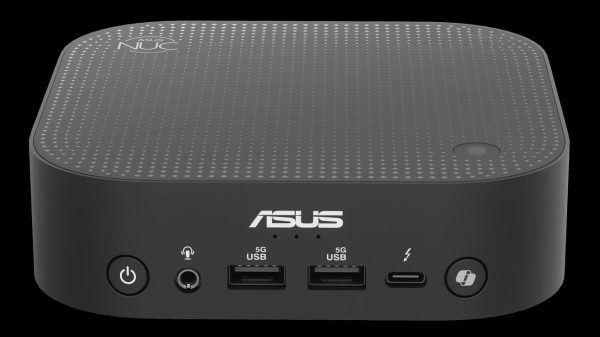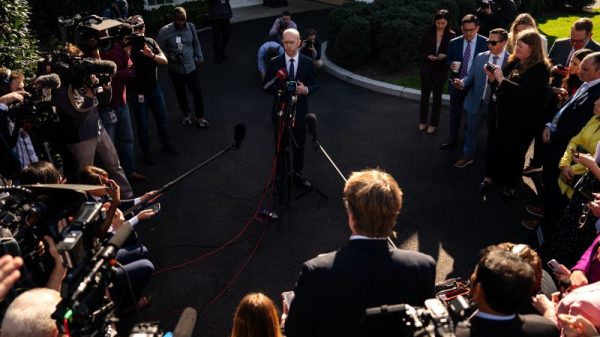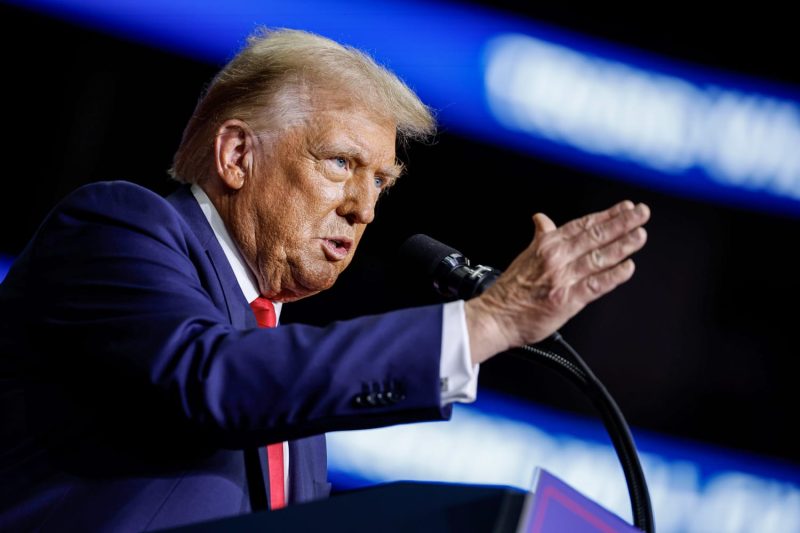
In the days since President-elect Donald Trump won the presidential race, Nicole Bivens Collinson’s phone has barely stopped ringing.
Collinson, who helps lead the international trade and government relations division at the lobbying firm Sandler, Travis & Rosenberg, said she is fielding “dozens and dozens and dozens” of calls from anxious U.S. companies looking to protect themselves from Trump’s hardline tariff plans by finding loopholes and exemptions.
“Absolutely everyone is calling,” Collinson told CNBC. “It is nonstop.”
Over the course of the 2024 campaign, Trump made universal tariffs a core tenet of his economic platform, floating a 20% tax on all imports from all countries with a specifically harsh 60% rate for Chinese goods.
That hyper-protectionist trade approach sent chills up the spines of economists, Wall Street analysts and industry leaders who warned that across-the-board tariffs could make production — and in turn, consumer prices — more expensive, just as they were recovering from pandemic-era inflation spikes.
“The threat of tariffs has alarmed retailers and a wide range of other U.S. businesses,” David French, senior vice president of government relations at the National Retail Federation, told CNBC. “Our members have been working on contingency plans since President Trump secured the nomination.”
Ron Sorini, a principal at the lobbying firm Sorini, Samet & Associates, echoed that sentiment, noting that he takes at least two to three calls a day to field companies’ concerns about the proposed tariff ramp-up, especially in China.
″[Companies] question where they should go, and how do they get the components out [of China]? How do they get the whole supply chain out?” Sorini said.
When Trump unleashed his first set of China tariffs in 2018, securing an exemption became a golden ticket in corporate America, a way to safeguard a company’s China-based supply chains rather than paying the hefty price of relocation.
And to obtain that golden ticket, it paid to know the right people.
A 2021 research study found that applications for Trump’s first-term tariff exemptions were more likely to be approved when they came from lobbying firms whose employees had made political contributions to the Republican Party.
Now, with Trump set to retake the White House in a matter of weeks, tariff escalation is becoming a more likely reality.
And in corporate America, the race is on to find the right lobbyists to help companies rub shoulders with the right people, to give them an advantage in securing tariff loopholes.
“Firms are prepared,” SUNY Buffalo finance professor Veljko Fotak, one of the authors of the 2021 study, told CNBC. “The real winners of this process are going to be the lawyers and lobbyists.”
What tariffs will look like in the next Trump administration, and whether exemptions will be available at all, are both unknown.
“Until that clarity comes, businesses will have to plan for a variety of scenarios,” Tiffany Smith, vice president of global trade policy at the National Foreign Trade Council, told CNBC.
In response to CNBC’s request for comment about the Trump team’s plan for exemptions and companies’ concerns of the tariff proposals, Trump transition team spokeswoman Karoline Leavitt doubled down on the president-elect’s campaign promises.
“The American people re-elected President Trump by a resounding margin giving him a mandate to implement the promises he made on the campaign trail. He will deliver,” Leavitt told CNBC in a statement.
In the meantime, companies have been trying to set up defenses against Trump’s more aggressive trade approach. These include stockpiling goods in the short run, readying price hikes so they can pass the cost of import duties on to customers, and trying to move their production out of China.
On Thursday, Steve Madden pledged to reduce its Chinese imports by 45% over the next year in anticipation of Trump’s tariff plans.
But exiting China is a significant undertaking for many U.S. companies, especially small businesses that may not have the buying clout or leverage to move production so easily.
“What I would urge is that folks look at the impact on small businesses. Those are the people that are really getting hurt. There’s got to be some way to help companies like that,” Sorini of Sorini, Samet & Associates told CNBC. “Because they really can’t do it on their own.”

